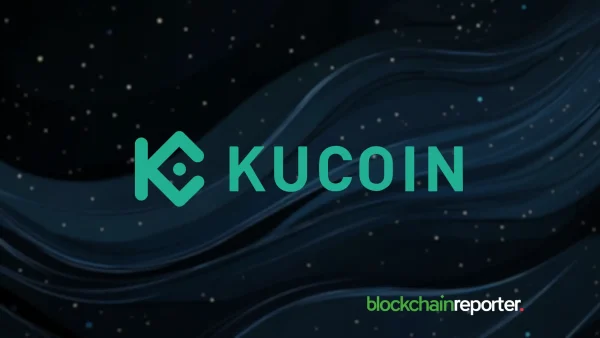
The Rise of Certificate of Deposit Tokens
Two leading private banks in Seoul, Hana Bank and Woori Bank, are delving into the concept of “certificate of deposit” tokens (CD tokens). These innovative tokens represent bank deposits on the blockchain, offering a modern alternative to conventional notes and deposits while keeping in line with the traditional banking structure.
It’s crucial to note that these CD tokens adhere to the same rigorous identity verification standards demanded by typical banking services.
The Underlying Motivation
The banking industry seems to be favoring CD tokens, with the advantages seemingly outweighing any potential drawbacks. Recent turbulence in the stablecoin market, particularly the upheavals of 2022, has spurred financial regulators into seeking more stable alternatives. As the report indicates, senior banking sources who opted to remain unnamed highlighted the stability of CD tokens, noting their close resemblance to existing systems.
Compatibility with Central Bank Digital Currencies
Beyond the appeal of stability, CD tokens boast potential interoperability with Central Bank Digital Currencies (CBDCs). Both Hana Bank and Woori Bank are currently involved in a proof-of-concept evaluation for a CBDC spearheaded by the Bank of Korea.
In a recent disclosure, the Bank of Korea shared details about its continued efforts to potentially launch a CBDC, with research areas including smart contract application, offline transactions using near-field communication, and international payment options.
Challenges and The Road Ahead
While the pilot program involving 14 private banks is up and running, there are technical challenges on the horizon. The current system’s capacity can process an impressive 2,000 transactions per second, surpassing many domestic payment platforms. Yet, as the system hits its peak capacity, performance issues emerge. As a result, the Bank of Korea is actively seeking avenues to enhance the technical proficiency of this initiative.









